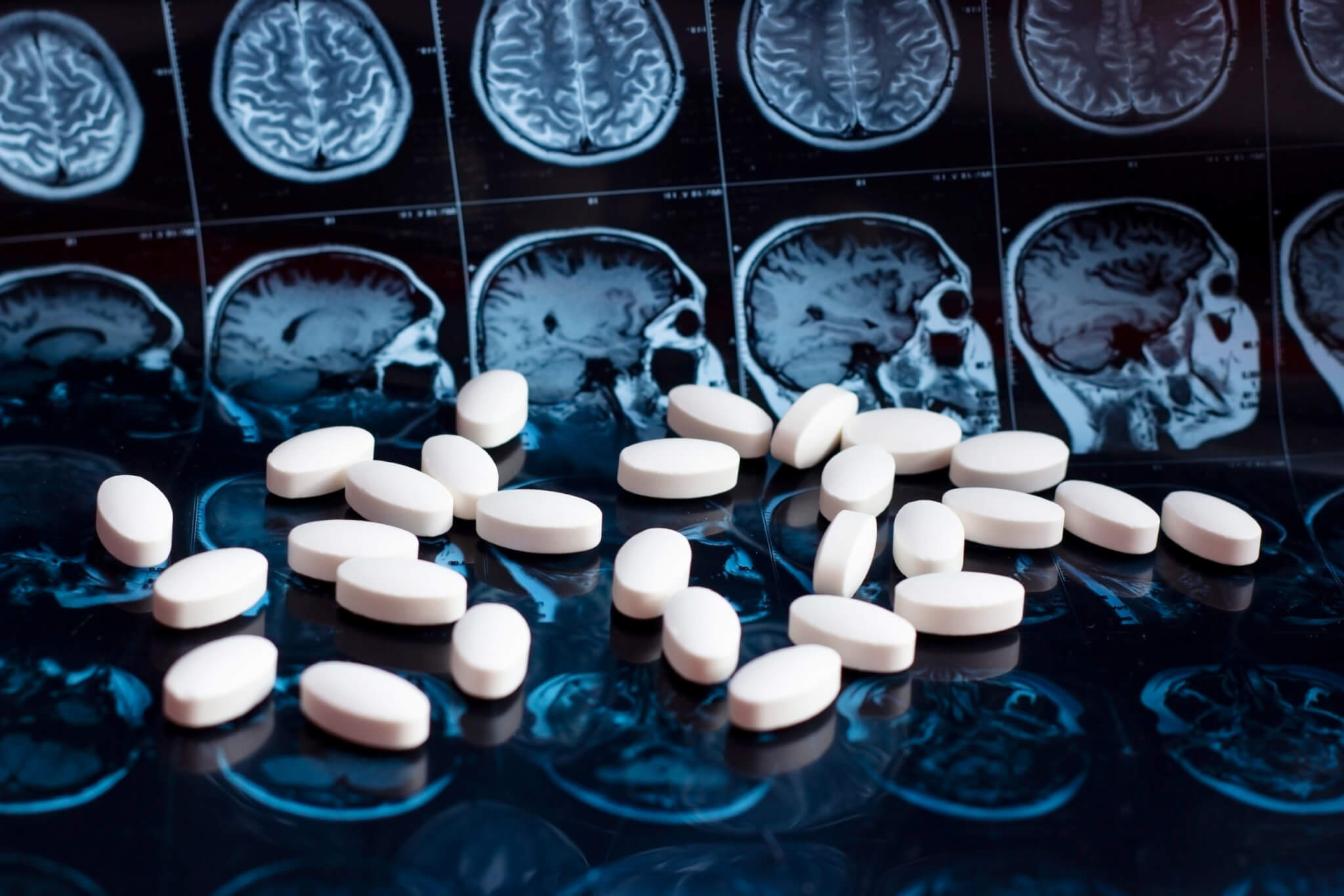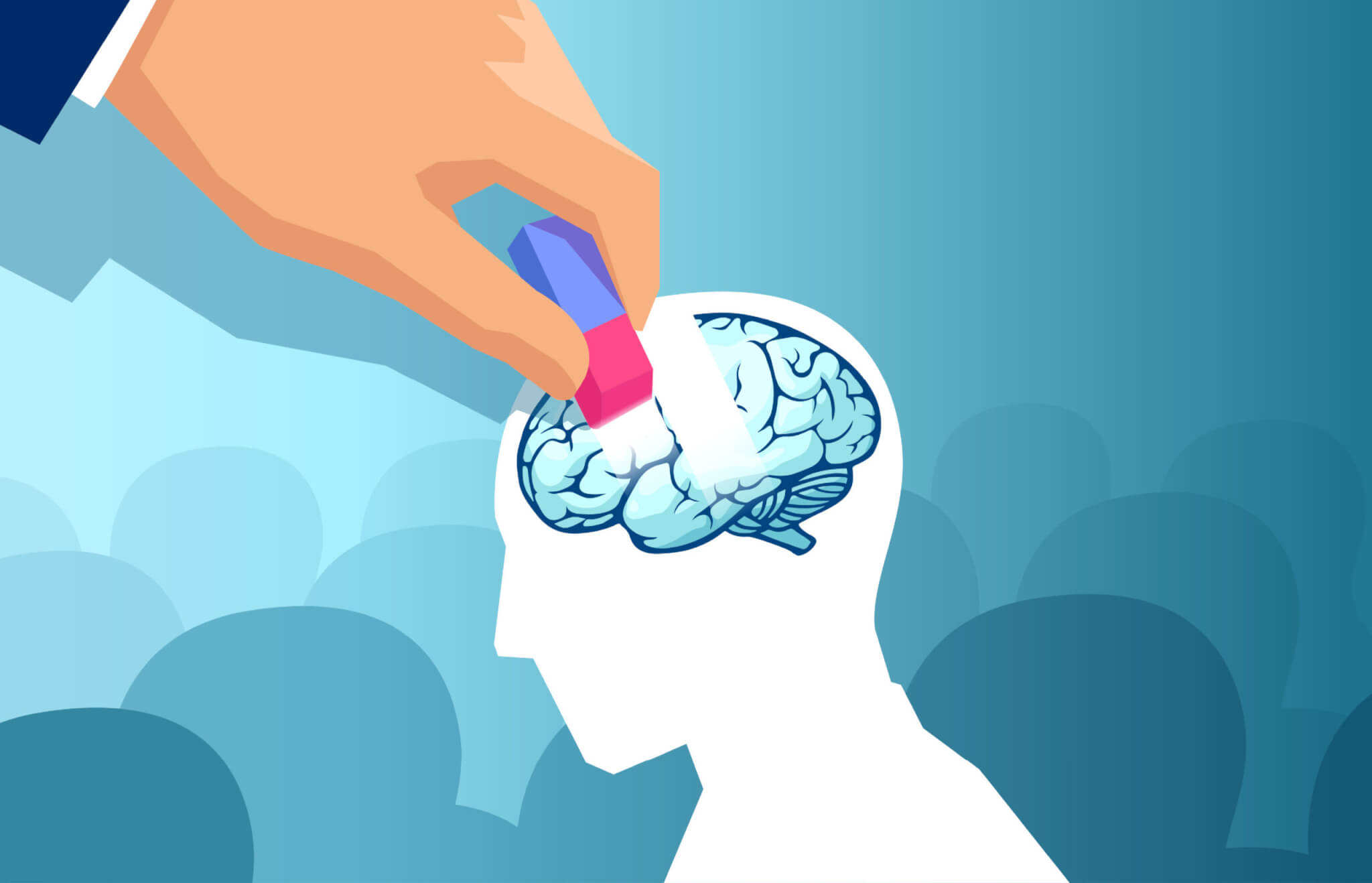Science never takes a break, and as the calendar turns to 2024, StudyFinds is looking back at the past year in research from around the globe. When it comes to studying the brain, scientists are constantly striving to understand this mysterious organ.
From explaining how people recover lost memories to uncovering potential treatments for dementia, these studies are often giving society new hope for better brain health in the future. Here are the top five brain-related studies of 2023:
Common laxative may also boost brain connectivity, treat mood disorders
Mood disorders and other psychiatric conditions often come with cognitive impairments that can be debilitating. While current treatments are limited, recent studies have shown that drugs targeting serotonin receptors, such as the laxative prucalopride, may hold promise in alleviating these symptoms. However, the effects of this medication on resting brain activity remained unclear — until a new study examined the impact of prucalopride on healthy adult brains.
Serotonin receptors, particularly the 5-HT4 type receptors, are found in various areas of the brain that regulate mood and cognitive function. Although antidepressant medications primarily target serotonin receptors, they often fail to address cognitive symptoms alongside mood disturbances.
The results reveal participants who received prucalopride displayed increased functional connectivity between major cognitive networks during resting-state scans. This included enhanced connectivity between the central executive network, responsible for processing thoughts, and the posterior and anterior cingulate cortex (ACC), which regulates information processing and attention. Additionally, there was heightened connectivity between regions of the ACC and the lateral occipital cortex, which involved object-focused attention. Conversely, medicated participants showed decreased connectivity within the default mode network, which is active during mind wandering.
“This provides further evidence that prucalopride is having an effect in areas of the brain that improve cognitive function – both by increasing and reducing connectivity between specific brain regions as required,” says lead author Angharad de Cates, PhD, MRCPsych, from the University of Oxford, in a statement.

This common fungus can trigger ‘key player’ in Alzheimer’s disease development
A recent study has discovered a link between a common fungus and Alzheimer’s disease. Scientists from the Baylor College of Medicine revealed how the fungus Candida albicans enters the brain, triggers mechanisms that aid in its clearance, and generates toxic protein fragments known as amyloid beta (Ab)-like peptides — a key player in Alzheimer’s disease development.
Researchers discovered that the fungus produces enzymes called secreted aspartic proteases (Saps), which break down the blood-brain barrier — a protective barrier that usually prevents harmful substances from entering the brain. This breach allows the fungus to infiltrate the brain and cause damage.

What you eat every day may dictate your Alzheimer’s disease risk
The right diet can help stave off dementia, according to a recent collaborative study. Even better, the report even tells us which foods we should include with breakfast, lunch, and dinner to best support the brain.
The study also concluded that diets emphasizing plants, such as the Mediterranean diet or traditional diets seen in China, Japan, and India, appear to reduce Alzheimer’s disease risk, especially when compared to a fattier, more processed Western diet.
5 key takeaways of the research included:
- Healthy Eating Patterns: A healthful diet is crucial, with evidence suggesting it can halve the risk of developing Alzheimer’s disease.
- Rice-Based Diets: Lower risk associated with rice-based diets, compared to high-fat and high-energy diets.
- Meat Consumption: Strong correlation between meat consumption and increased Alzheimer’s disease risk.
- Fish and Omega-3s: Inversely related to Alzheimer’s disease, likely due to their beneficial fatty acids.
- Key Nutrients: High intake of folate, vitamins E and C, and fish consumption are associated with reduced Alzheimer’s risk.

‘Alzheimer’s disease driven by diet’: Scientists suggest sugar cravings fuel dementia
An ancient human survival instinct still embedded deep within our brains may be driving dementia onset thanks to an unlikely accomplice — fructose, a kind of sugar. Researchers from the University of Colorado Anschutz say this instinctual foraging mechanism, fueled by fructose production in the brain, could provide new clues into both the development and possible treatment of Alzheimer’s disease, the most common form of dementia.
“We make the case that Alzheimer’s disease is driven by diet,” says the study’s lead author Richard Johnson, MD, professor at the University of Colorado School of Medicine specializing in renal disease and hypertension, in a media release.
Prof. Johnson theorizes that this survival response, which he calls a “survival switch,” helped ancient humans survive periods of extreme scarcity. Today, however, that survival switch is still on, so to speak, in a time of relative abundance. This promotes the overeating of fatty, sugary, and salty foods resulting in excess fructose production.
Fructose created in the brain can promote inflammation and eventual Alzheimer’s disease, the study concludes. For example, animals consuming fructose display memory lapses, a loss in the ability to navigate a maze, and neuronal inflammation.

A spoonful of olive oil daily could save your brain from dementia
Adding olive oil to your menu on a regular basis can decrease the risk of dementia-related deaths by as much as 28 percent, a recent study revealed. Researchers in Boston believe this oil, a popular addition to many culinary dishes and a staple of the Mediterranean diet, could potentially play a crucial role in brain health.
A common ingredient in everything from salad dressing to fried food, this research proposes that by incorporating just half a tablespoon of olive oil into your daily diet, you may be able to reduce the risk of dying from dementia. Given the increasing global rates of Alzheimer’s disease and other forms of dementia, these findings could be significant. The team suggests that a healthy lifestyle, including dietary factors, might help to prevent or slow down the progression of these debilitating conditions.
“Our study reinforces dietary guidelines recommending vegetable oils such as olive oil and suggests that these recommendations not only support heart health but potentially brain health, as well,” says Anne-Julie Tessier, RD, PhD, a postdoctoral fellow at the Harvard T.H. Chan School of Public Health.


It’s time to drop the lie that eating meat increases risk of dementia. We know this is false. Eating sugar, fructose, carbs, and processed food increases risk of all sorts of disease, from T2DM to dementia. The observational studies that you are referring to show that. Just because someone includes meat in their primarily junk food and high-carb and high-processed-food diet, it doesn’t mean the meat is responsible for their increased risk of developing dementia. It’s the carbs and processed plant trash (glucose, fructose) that’s causing metabolic syndrome and all the health problems. Start doing real science, not politicised science based on big agriculture and their push for a plant based diet, purely for profit and WEF woke ideological pursuits.